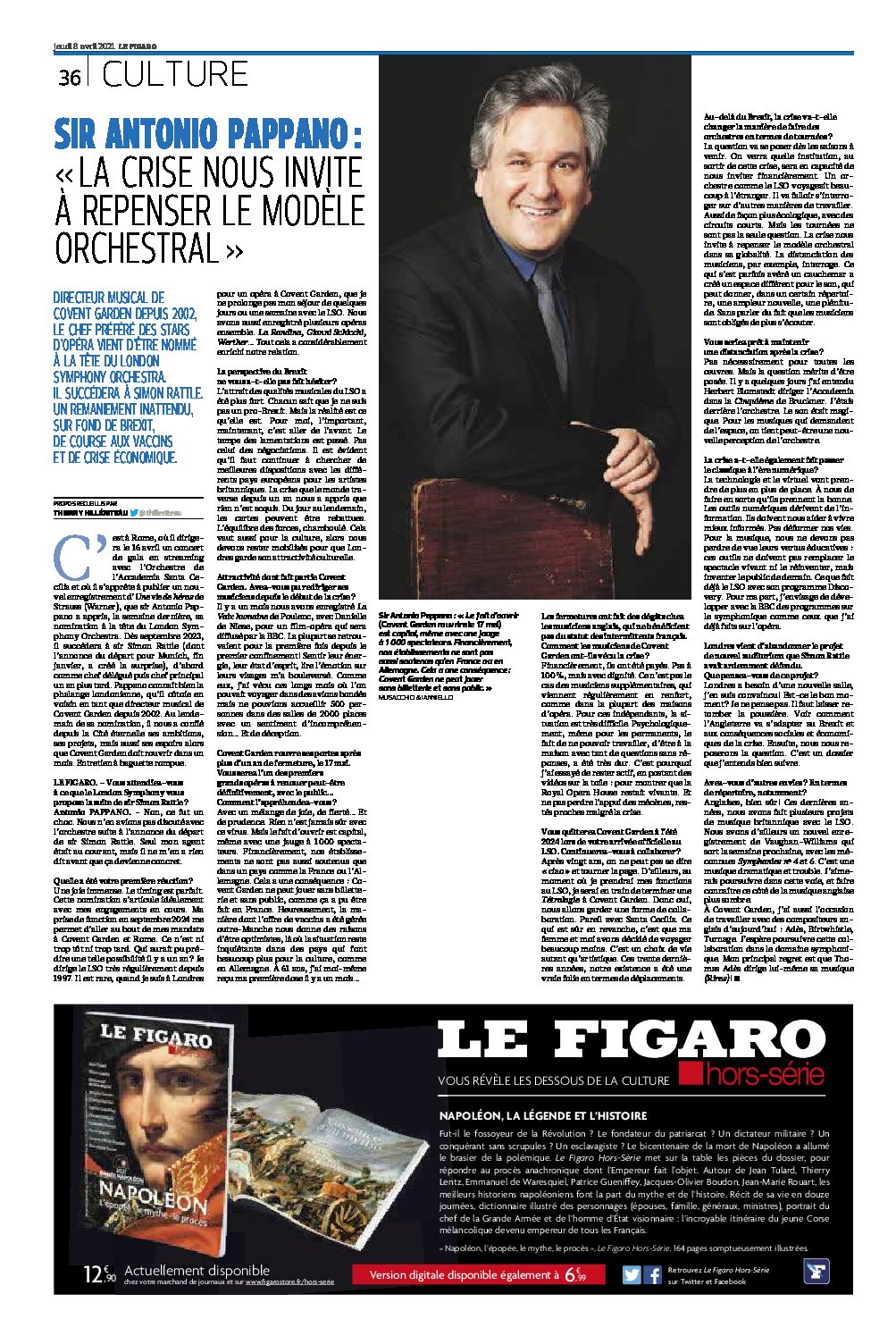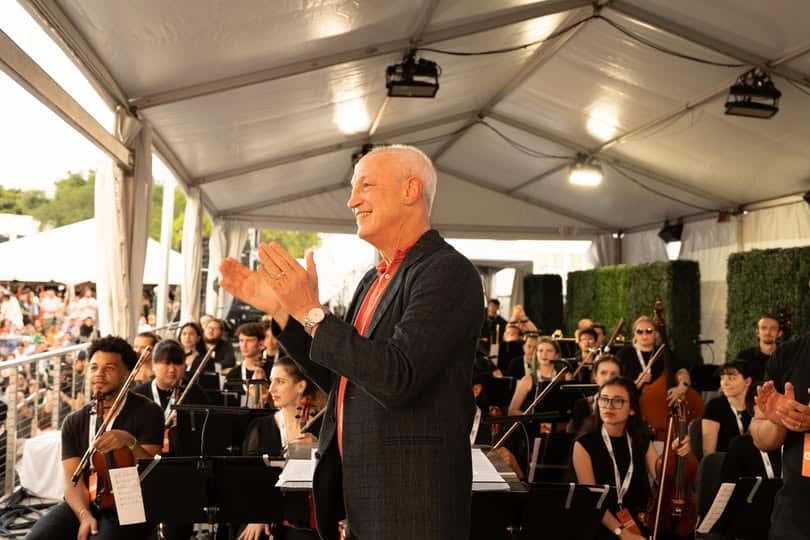Pappano: It’s time to rethink the orchestra model
mainThe incoming chief conductor of the London Symphony Orchestra has told a reporter from Le Figaro in Rome that Covid should be seen as an opportunity to rethink how orchestras go about their business.
‘The crisis invites us to rethink the orchestral model,’ he says.
Article here (in French, behind paywall).
It may cause a few tremors in the LSO.






Comments